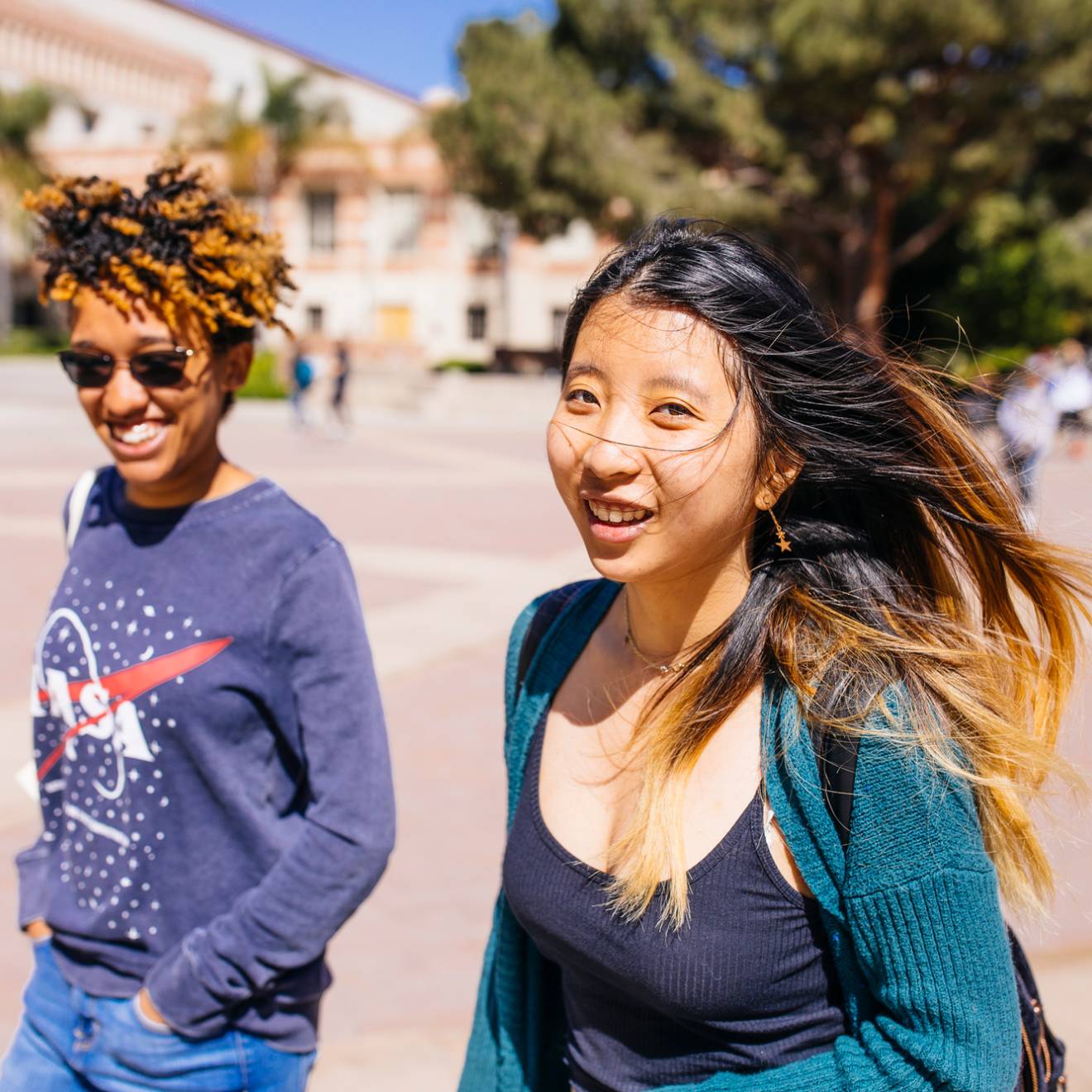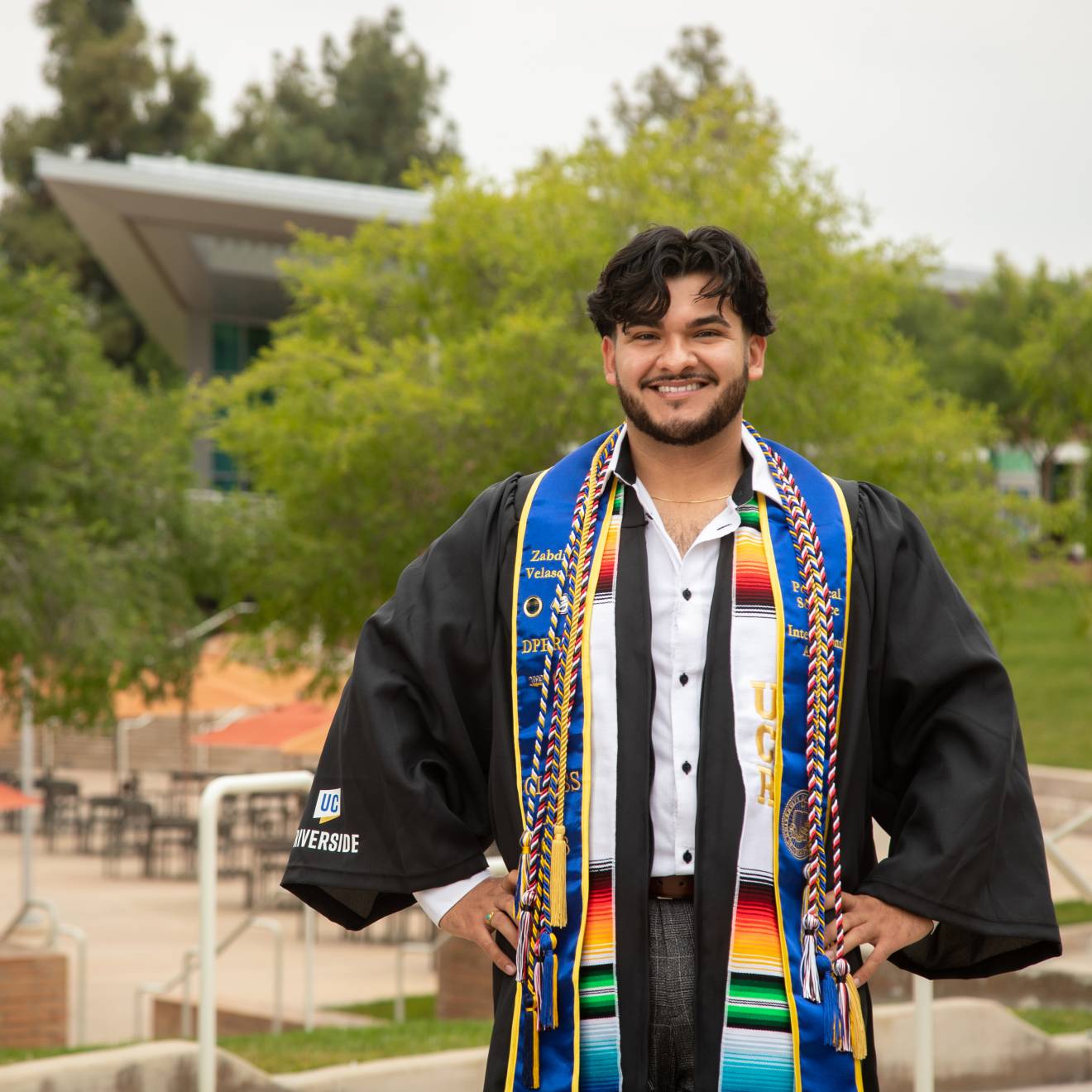Apollonia Morrill, UC Newsroom
When Miguel Tamayo moved to the U.S. from Colombia just shy of his 12th birthday, his fascination with mechanical objects and electronics was already a powerful force — his family even jokingly nicknamed him “Destroyer” for his penchant for taking things apart to try to figure out how they worked. Having graduated from UC Santa Cruz as a first-generation student in computer engineering, Tamayo jokes, “I guess one of the satisfactions of being an engineer now is that I can open things up and I can put them back together again, too.”
As a high school student in South Central Los Angeles, Tamayo learned to code through Upward Bound and became co-captain of his school robotics team. When a teacher showed him a video on SpaceX, “it just flipped a switch in me,” he recalls. “That was the moment I decided I wanted to work with rockets.” UC degree in hand, he is now doing just that, with a job as an aerospace engineer.
UC has paid off for Tamayo, but how did he pay for UC? The cost of college was daunting as a high schooler. “It was definitely scary,” he recalls. “I would see the numbers and think, ‘$30,000 a year. Where am I supposed to get that money from?’” Tamayo’s family was middle-income, so he didn’t qualify for a federal Pell grant, but his parents couldn’t fund his education, either. “That meant I had to come up with a huge gap on my own.”
He applied for financial aid through the FAFSA and was surprised to find that most of his college costs were covered by a combination of state Cal Grants, UC aid and private grants and scholarships — all money he didn’t have to pay back.
Once he arrived on campus, he found academic resources, social support and additional sources of funding through EOP (Educational Opportunity Programs) and MESA (the statewide Mathematics, Engineering, Science Achievement program). He also put in work-study hours as a STEM peer advisor and took out low-interest college loans that averaged out to about $2,000 a year to meet the rest of his costs. For Tamayo, the loans helped him focus on school and learning. Now steadily employed, he says, “I graduated. I can manage my finances. Little by little, I’ll pay off those loans, and it will look like I never had any at all.”

